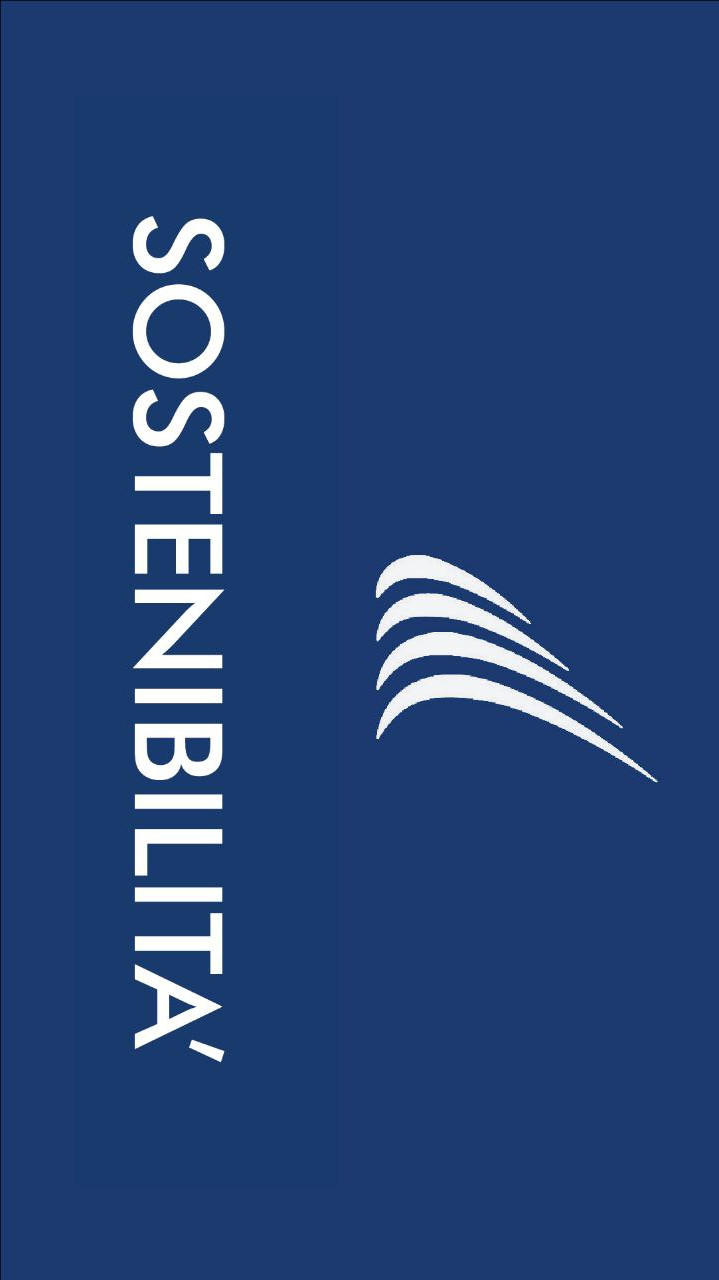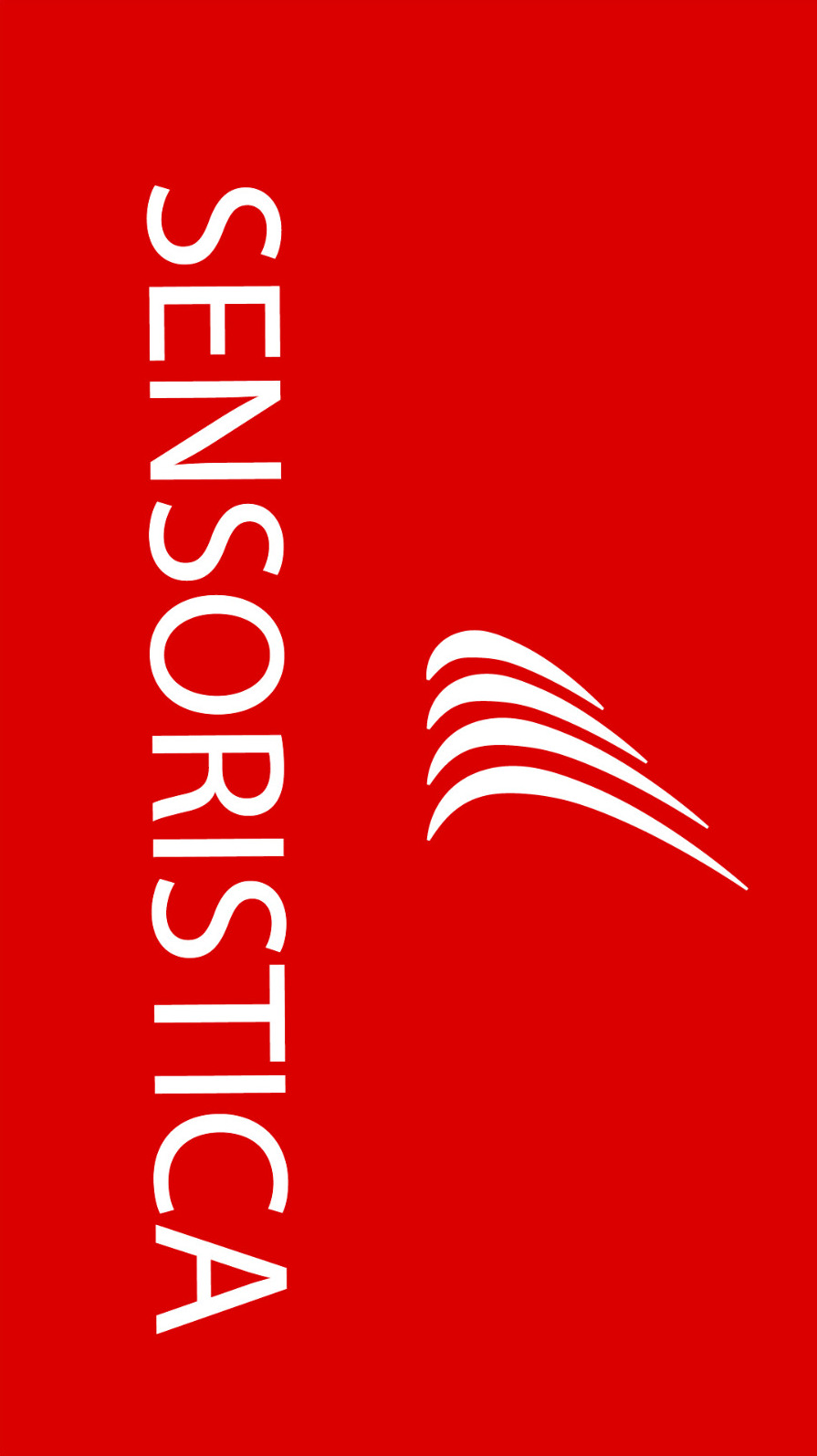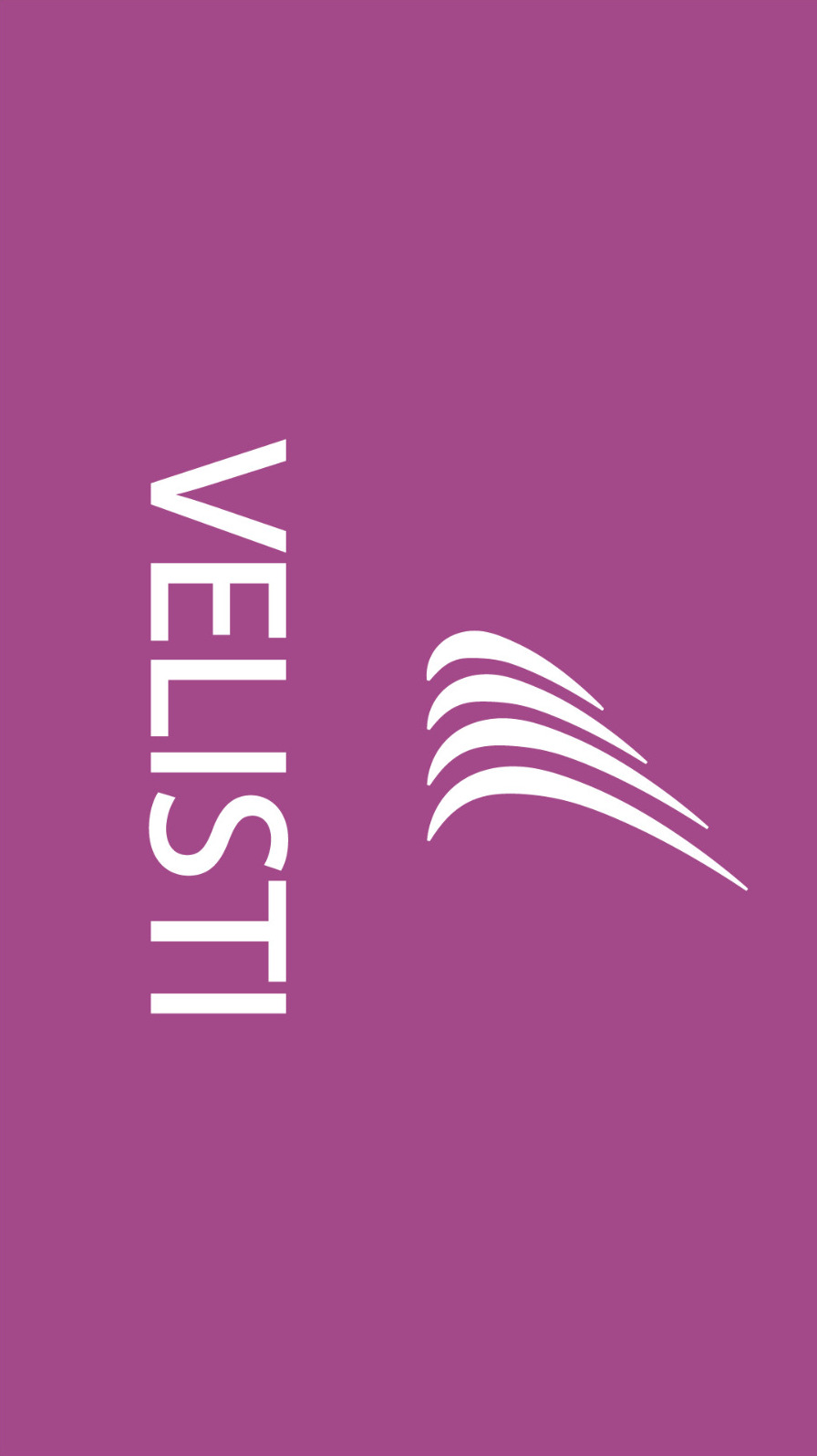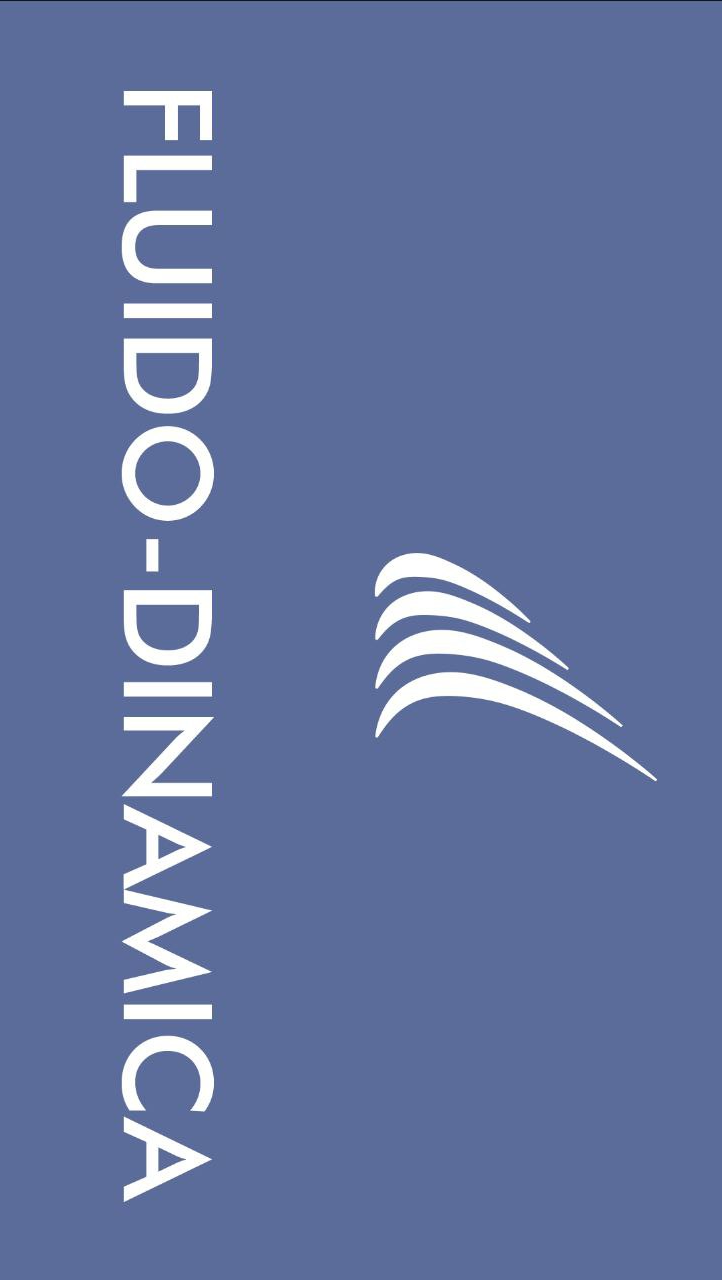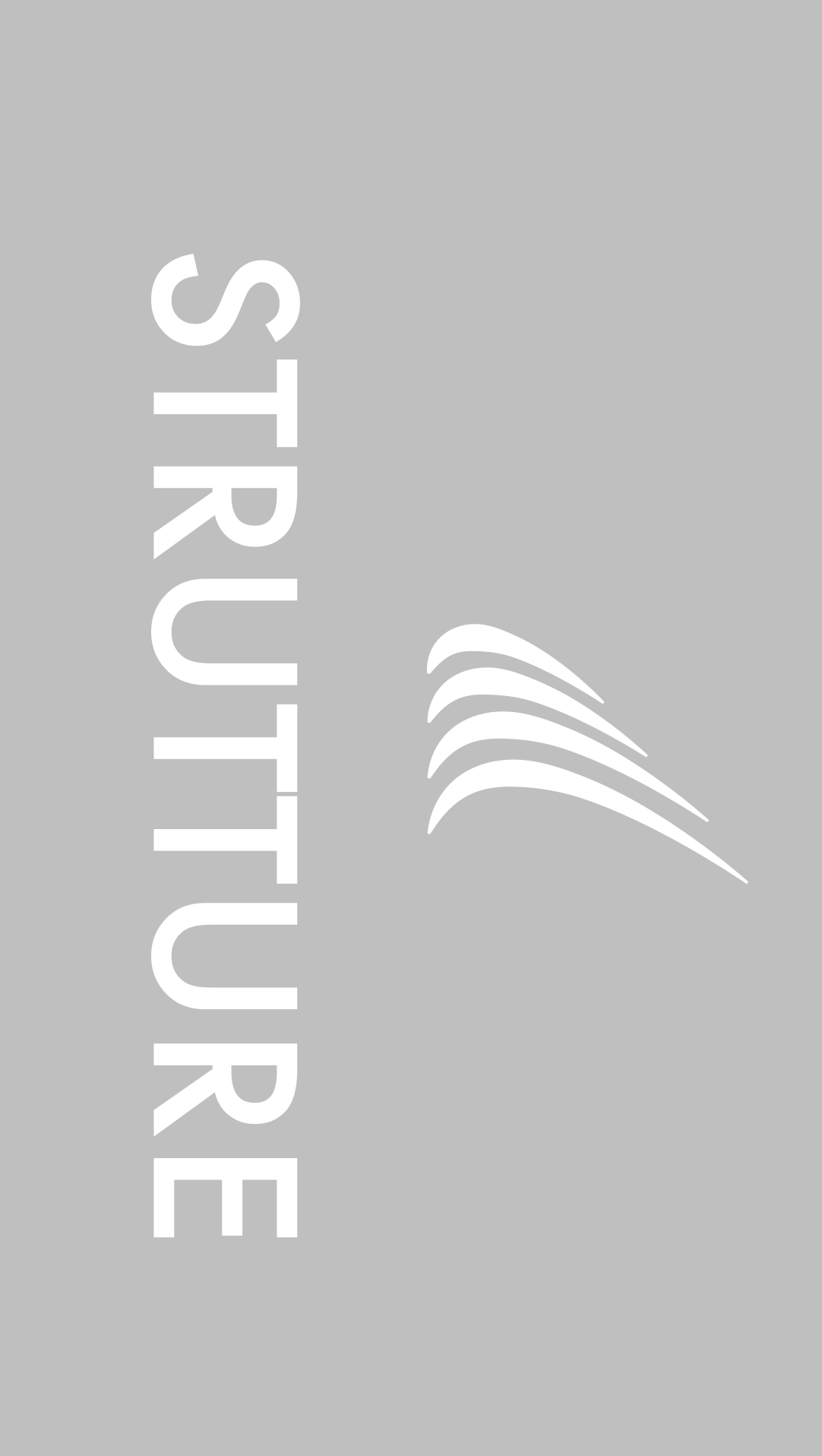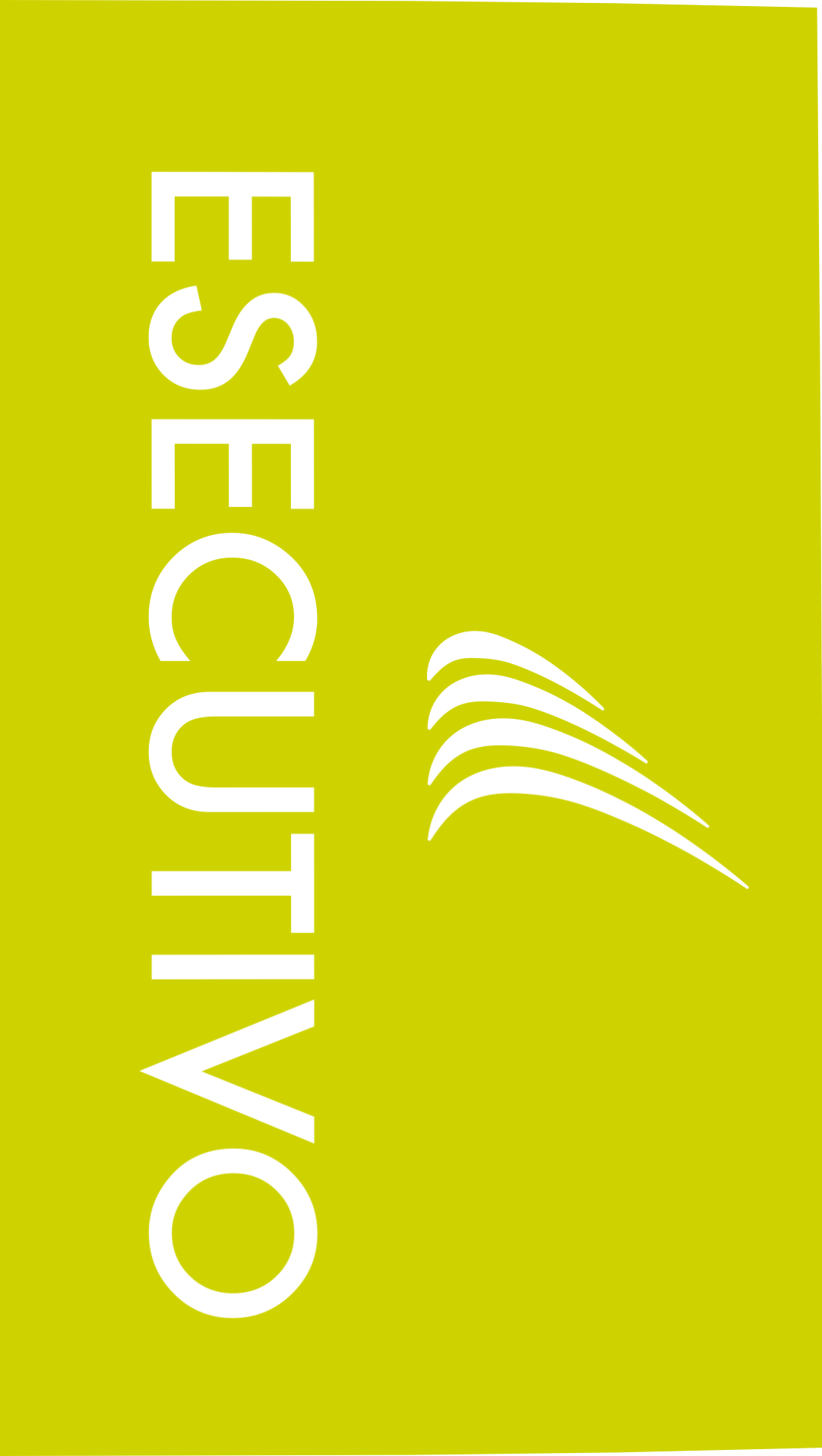AREAS
Executive: Working with the different areas, it has the task of designing, analyzing and drawing using software (e.g. CAD) the components needed by the boats, creating a bridge between the final project and its construction on the shipyard
Structures:
PST Structures area deals with selecting the materials and dimensioning the structures of our prototypes.
This is possible thanks to simulation software and testing sessions, which together allow to reach an optimal result.
Fluid-dynamics:
Physical analysis of the boat in order to implement a mathematical model and write a VPP (Velocity Prediction Program) with the goal to simulate the behaviour of the boat and evaluate its performances. Validation of the numerical model through experimental tests. Analysis and project of control systems studying the interactions between sailor and boat.
CFD analysis of attachements (drift, rudder and foil), hull and sails. Validation of numerical models with tank tests and experimental data
Construction and Maintenance: shipyard maintenance and shipbuilding.
Sailors: study of the equipping and boat adjustments, team training in preparation for the two annual regattas 1001vela cup and sumoth Challenge
Sensoristics: creating data capture systems, obtaining these and postprocesing experimental values with the aim of validating numerical models; telemetry devices to be included in our skiffs
Management: Team management, social media and website, event organization, intermediary with sponsors, companies and Politecnico
Sustainability: study and verify the sustainability of our boats with LCAs and research on the chemical and/or mechanical recycling methods for epoxy matrix composites in order to completely recycle one of our boats.
The work is divided in three phases: bibliographic research, study of new recycling methods and lab experiments

